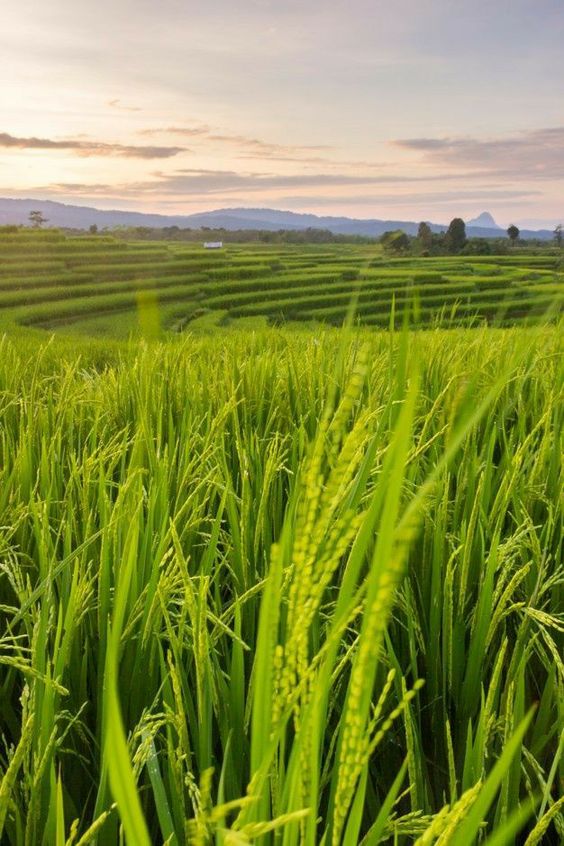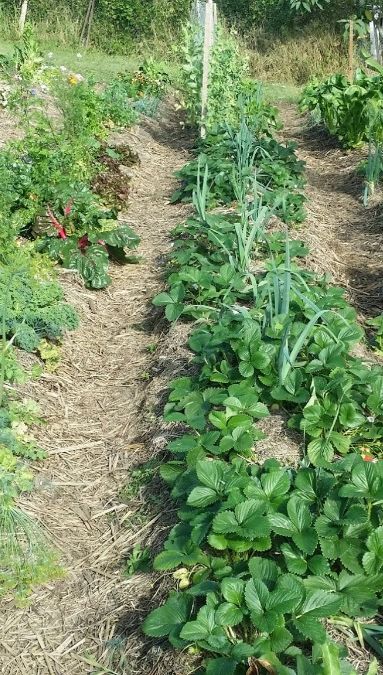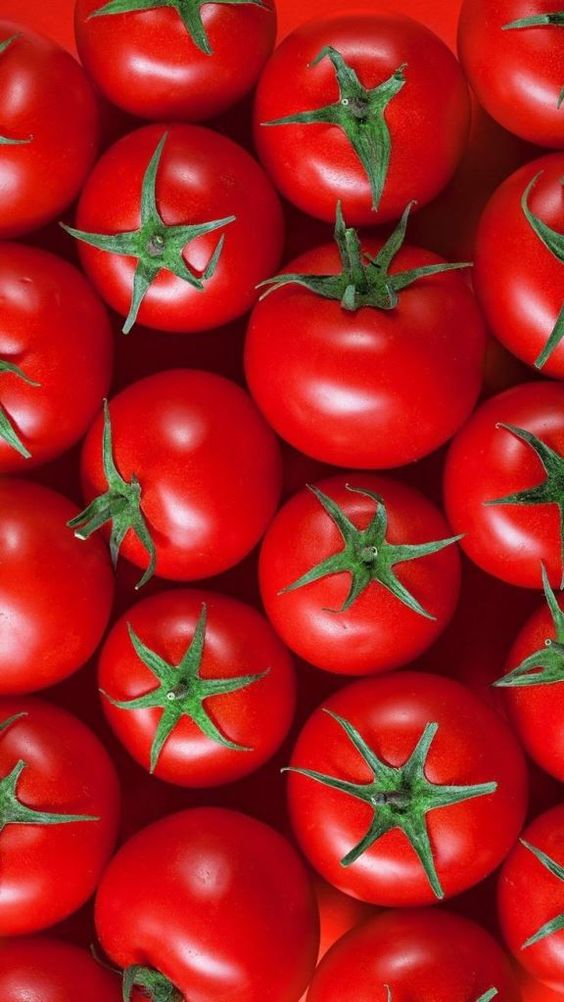Revolutionizing the Local Agricultural Market with Smart Agriculture
Local Agricultural Market Smart agriculture, also known as precision agriculture or agri-tech, is an innovative approach to farming that integrates modern technologies such as the Internet of Things (IoT), , drones, and data analytics to optimize agricultural practices. This method aims to increase efficiency, productivity, and sustainability in farming, addressing the pressing issues of food security and environmental sustainability. The local agricultural market is witnessing a significant transformation with the adoption of smart agriculture technologies, which are being implemented to enhance crop yields, reduce resource consumption, and improve decision-making processes for farmers.
Contents
Key Players in Smart Agriculture
Several key players are driving innovation and growth in the smart agriculture market. These companies have adopted various strategies to expand their presence globally and increase their market shares. Let’s take a closer look at some of the prominent players in this industry.
Deere & Company: Leading the Way in Precision Farming
- Deere & Company, popularly known as John Deere, is a leading manufacturer and distributor of agriculture and construction products, solutions, and services. The company has a strong product portfolio of precision farming and precision forestry solutions, backed by a well-established distribution network, making it a market leader. Deere & Company’s commitment to innovation has enabled them to stay at the forefront of the smart agriculture industry. They have consistently invested in research and development to develop cutting-edge technologies that cater to the evolving needs of farmers worldwide.
Trimble Inc.: Driving Sustainability in Agriculture
- Trimble Inc. is a technology solutions provider that enables professionals and field mobile workers to improve their work processes and drive a more sustainable future. The company offers hardware, software, and services for precision farming and precision forestry applications. Their solutions empower farmers and advisors to allocate scarce resources efficiently, ensuring a safe and reliable food supply in a profitable and environmentally sustainable manner. With a wide range of product offerings, a strong customer base, and a global presence, Trimble Inc. continues to play a crucial role in advancing smart agriculture.
AGCO Corporation: Enhancing Productivity and Profitability
- AGCO Corporation is a leading brand in the precision farming market, focusing on delivering the best agricultural solutions to its customers and helping them increase productivity and profitability. The company invests heavily in developing smart farming solutions, leading to the development of new products and technologies. AGCO Corporation offers numerous precision farming and livestock monitoring solutions that cover the entire crop life cycle, from planting to feeding, as well as climate control. Their commitment to innovation and customer-centric approach has positioned them as a key player in the smart agriculture industry.
Drivers of Market Growth
The smart agriculture market is witnessing significant growth due to various factors. Let’s explore the key drivers:
Rising Adoption of Advanced Technologies and Equipment
- The convergence of IoT technology alongside robotics, drones, remote sensors, and computer imaging is poised to revolutionize agriculture by offering farmers comprehensive data for optimizing their farming practices in alignment with environmental needs. This integration promises an exponential acceleration in market growth by enabling farmers to access crucial insights for decision-making.
Swift Uptake of Precision Farming Methodologies
- Precision farming methodologies, tailored to offer precise inputs for maximizing land productivity, are pivotal contributors driving this market’s positive trajectory. These advancements collectively signal a transformative shift in agriculture, promising heightened efficiency, sustainability, and informed decision-making for farmers.
Government Initiatives and Regulatory Support
- North America is demonstrating the swiftest revenue CAGR, largely propelled by intensified government initiatives and regulatory interventions aimed at fortifying the agricultural sector within the region. These concerted efforts seek to bolster agricultural practices through innovative technologies and sustainable methodologies, fostering productivity and resilience in the face of evolving challenges.
Benefits Local Agricultural Market
Smart agriculture offers numerous benefits to farmers, agricultural businesses, and the environment. Some of the key benefits include:
Increased Efficiency
- Local Agricultural Market Smart agriculture technologies enable farmers to optimize their resources, reduce waste, and improve crop yields. Precision farming methodologies ensure that inputs such as water, fertilizers, and pesticides are used efficiently, reducing costs and environmental impact.
Enhanced Productivity
- The use of advanced technologies like drones, satellite imaging, and AI-powered analytics helps farmers make data-driven decisions, leading to higher productivity and better crop quality.
Sustainability
- Local Agricultural Market Smart agriculture promotes sustainable farming practices by reducing the use of chemical pesticides and fertilizers. It also helps in managing water resources more effectively, ensuring that crops are grown using the least amount of resources.
Improved Decision-Making
- Local Agricultural Market Smart agriculture provides farmers with real-time data and insights, enabling them to make informed decisions about planting, harvesting, and crop management. This reduces the risk of crop failure and improves overall farm management.
Explanation Local Agricultural Market
Local Agricultural Market Smart agriculture involves the integration of various technologies such as IoT, AI, drones, and data analytics to optimize farming practices. These technologies provide farmers with real-time data and insights, enabling them to make informed decisions about planting, harvesting, and crop management.
IoT Technology
- IoT devices such as sensors and drones are used to collect data on soil moisture, temperature, and crop health. This data is then analyzed to provide insights that help farmers optimize their farming practices.
Machine Learning
- machine learning algorithms are used to analyze the data collected from IoT devices. These algorithms help in identifying patterns and trends, enabling farmers to make data-driven decisions.
Drones and Satellite Imaging
- Drones and satellite imaging are used to monitor crop health and detect any issues early. This helps in reducing the risk of crop failure and improving overall farm efficiency.
Usefulness
Local Agricultural Market Smart agriculture is useful for farmers, agricultural businesses, and the environment. It provides numerous benefits such as increased efficiency, enhanced productivity, sustainability, and improved decision-making.
Farmers
- Local Agricultural Market Smart agriculture helps farmers optimize their resources, reduce waste, and improve crop yields. It also provides them with real-time data and insights, enabling them to make informed decisions.
Agricultural Businesses
- Local Agricultural Market Smart agriculture helps agricultural businesses improve their efficiency and productivity. It also promotes sustainable farming practices, reducing the environmental impact of farming.
Environment
- Local Agricultural Market Smart agriculture promotes sustainable farming practices, reducing the use of harmful chemicals and conserving resources. It also helps in managing water resources more effectively, ensuring that crops are grown using the least amount of resources.
Advantages Local Agricultural Market
Local Agricultural Market Smart agriculture offers numerous advantages to farmers, agricultural businesses, and the environment. Some of the key advantages include:
Increased Efficiency
- Local Agricultural Market Smart agriculture technologies enable farmers to optimize their resources, reduce waste, and improve crop yields.
Enhanced Productivity
- The use of advanced technologies like drones, satellite imaging, and AI-powered analytics helps farmers make data-driven decisions, leading to higher productivity and better crop quality.
Sustainability
- Local Agricultural Market Smart agriculture promotes sustainable farming practices by reducing the use of chemical pesticides and fertilizers. It also helps in managing water resources more effectively, ensuring that crops are grown using the least amount of resources.
Improved Decision-Making
- Local Agricultural Market Smart agriculture provides farmers with real-time data and insights, enabling them to make informed decisions about planting, harvesting, and crop management.
Local Agricultural Market Smart agriculture is revolutionizing the local agricultural market by integrating modern technologies to optimize farming practices. The key players in the industry are driving innovation and growth, while government initiatives and regulatory support are also playing a crucial role. The benefits of smart agriculture include increased efficiency, enhanced productivity, sustainability, and improved decision-making. As the world continues to face challenges related to food security and environmental sustainability, smart agriculture is poised to play a critical role in shaping the future of agriculture.




